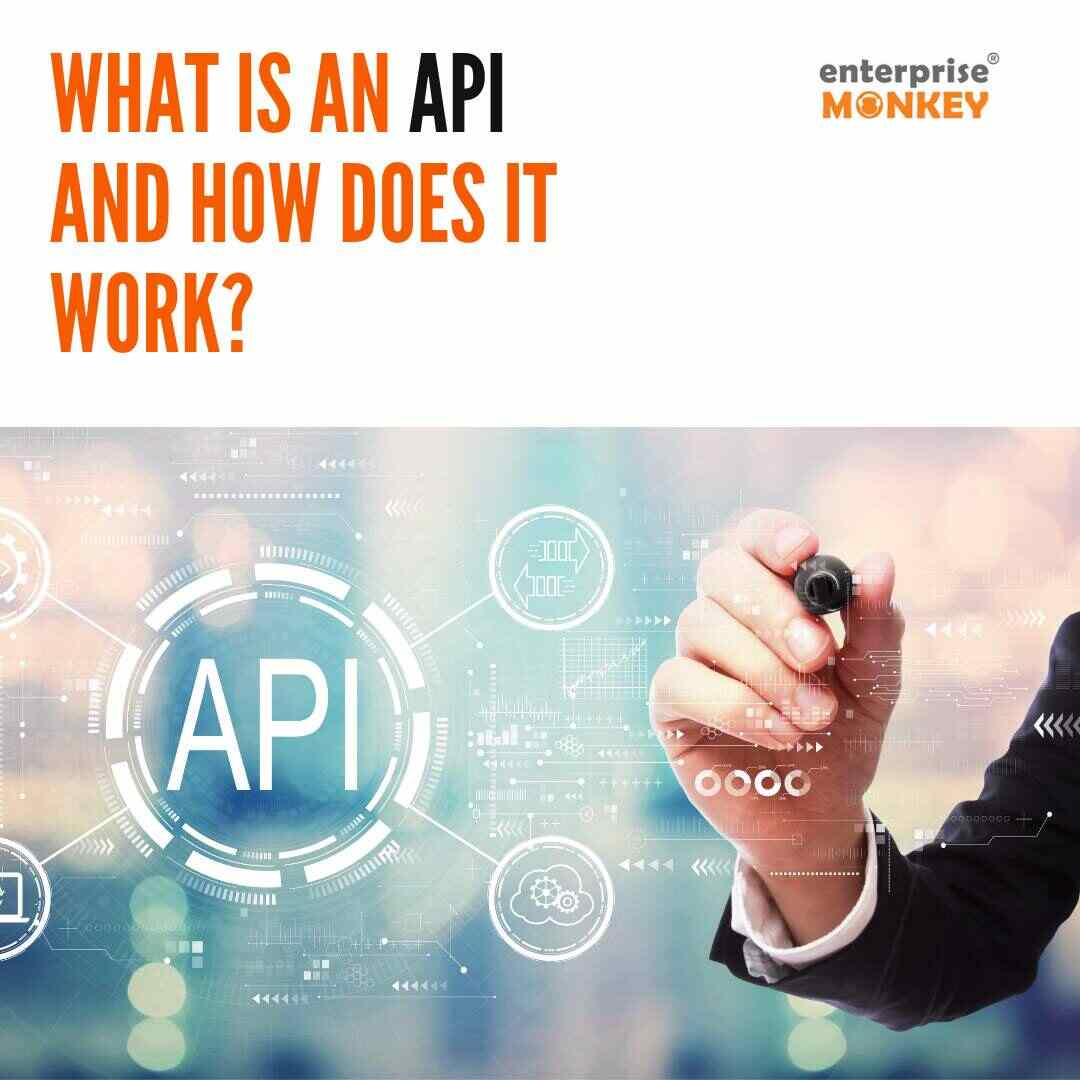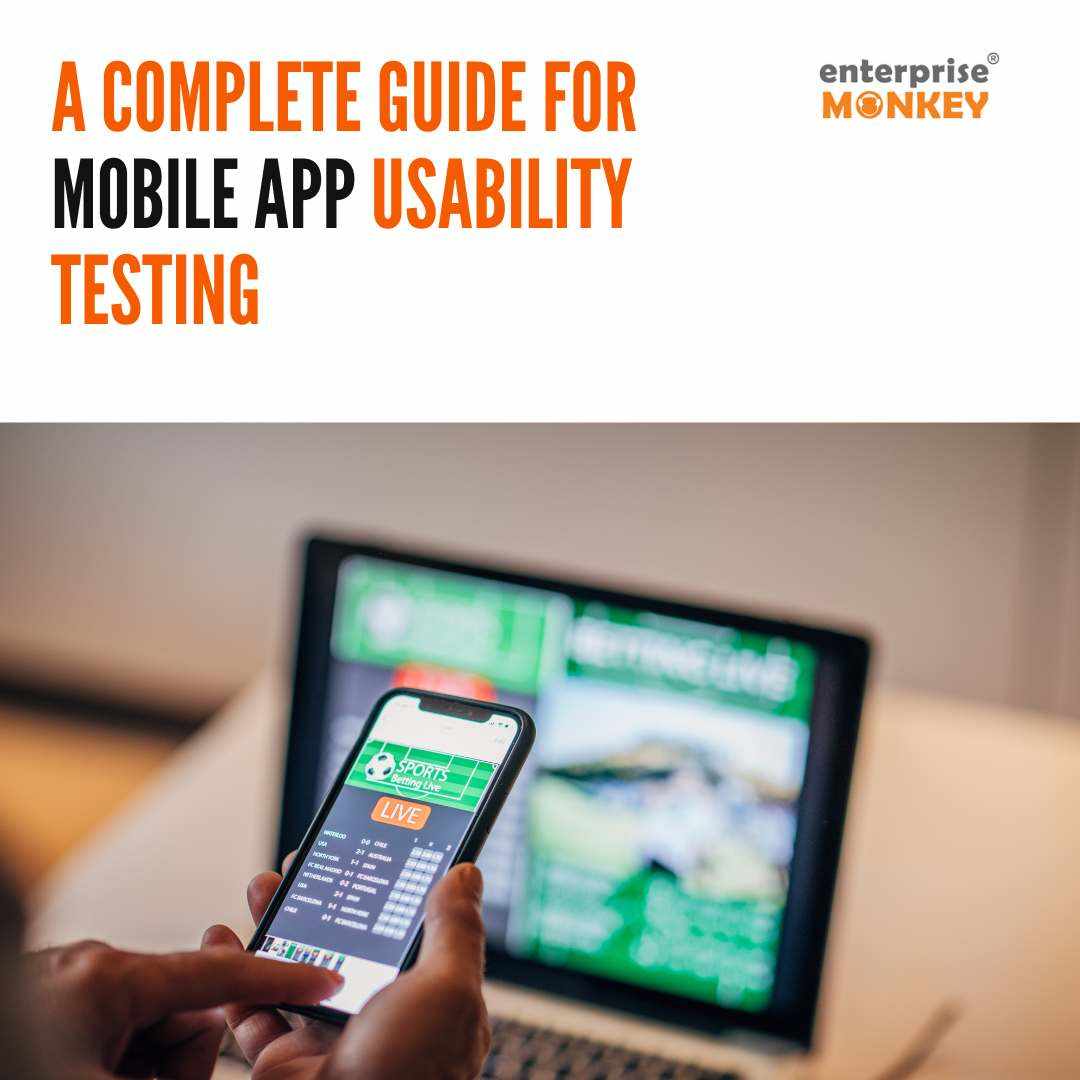Enterprise mobility is the buzzword in app development business. After all, we are the mobile generation. From anywhere, anytime, we can get things done. It is the era of the connected consumer. Talking about mobile app development, Statista reported that by 2023, the world will have 7.33 billion mobile users. To almost everyone on the planet, the world will be at their fingertips.
Mobile technology has disrupted and will continue the way we do business. Moreover, with the cost of mobile app development trending downwards, more companies are developing them to fuel growth. Mobile app development is a step towards unleashing the power of mobility in their digital marketing strategy. An app can be a gamechanger for your business. But like everything in business, it needs a design, and it must be given purpose. In addition, it must be consistent with the business strategy and model to be an asset.
App development market trend
The connected consumer is confronted with choices each time they tap-and-swipe. They have become borderless in their search for information and buying behaviour. Whether B2C or B2B, app development are becoming a staple in the way business is conducted. To illustrate, over 4 in 5 B2B marketers indicated apps play an important role in content marketing. Hence, it’s not surprising that B2B apps will hit $140 billion by 2023. Amongst others, making it easier for customers to connect with your business and brand aids loyalty and advocacy. It takes engagement and personalisation to a much higher level.
A McKinsey study revealed that 9 in 10 retailers claimed personalisation is a top priority. We can expect apps to figure prominently in their strategy. In today’s competitive environment, a mobile app can give a competitive advantage. The strategic benefits it offers outweighs its developmental as well as maintenance costs. Whether operational, sales and marketing or post-purchase services, apps make things easier and better. We’ll take a close look at some of these strategic advantages in this article.
1. Your brand is in their hands
How much time does the average person spend on their mobile phone in a day? According to a report by Rescuetime, an average person spends about 3 hours and 15 minutes daily on their mobile phones. If the average person sleeps for about 8 hours a day, we spend about a fifth of our waking hours on the mobile phone. From a marketing perspective, it’s a vast window not to be missed. With an app, your brand can be in their hands for that amount of time. The best part is they are a captive audience during that time also.
A cluttered and noisy market makes gaining visibility a challenge. There’s always a brand ready to outshout your ad spend. Besides, shouting louder has never proven to be an effective marketing tool. But with your brand in their hands, you’re always “on” and in their minds. A tap-and-a-swipe is all it takes to prod their minds about the existence of your brand.
2. Your brand becomes more human
We’ve established personalisation to be a big thing in marketing. In fact, the digital world can be faceless. Everything can be decided and moved by algorithms because there is hardly any human intervention required. But this creates layers of insecurity, from falshoods to scams. As a result, people have become guarded. People don’t want to be treated as another digit and are less inclined to deal with a faceless brand.
Human centricity sits at the top of the agenda of many companies. In marketing, for example, creativity and effectiveness are topics of discussion once again. Both were eclipsed by automation from the mid-2000s until a year ago. At the core of creativity and effectiveness is human centricity.
The ability to incorporate chat technology in apps means you can have conversations with your target audience. It’s customer engagement at a higher level. Marketing has become a dialogue, and apps have contributed to it.
3. A deeper engagement
Just a decade ago, people were logging onto their notebooks and specific websites to get things done. In contrast to dial-up days, that was a breeze. But today, even taking the notebook out of your bag is cumbersome. You’ve got to flip it open, wake it up and tap away alphabets and numerals. It’s just too much work to do for ordering via Google. With a mobile app, all those layers of work have been taken away.
However, this ease is a great enabler of many more things a brand can do to engage deeper with customers and prospects. From pushing out special offers and promotions to simple greetings on special days like birthdays, Christmas or a work anniversary, the opportunity to engage at a much deeper level is more versatile and dynamic. The ease also means the effort to engage will likely be reciprocated, perhaps not in the form of purchase but brand advocacy. That’s a relatively inexpensive way of reaching out to others.
4. Marketing agility
The world of business is in a continuous spin of change. That’s the way it should be, as business feeds on the creativity of people. There’s always something new being created to make people’s lives better. Where relevant, you should incorporate them into the business and how you engage with customers. When ride-sharing companies faced the challenge of customer safety, they added security features to their apps. It helped restore trust in the service.
Marketing agility isn’t just a management principle. It is a practice businesses must embrace and have the capability of delivering. Apps allow this. It’s much easier to update or add new features to enhance the customer experience with apps. In fact, if well used and communicated, it can be a point of brand differentiation as it demonstrates your commitment to making things better for customers.
Wrapping up
The mobile app development is an essential pillar of a business’s digital strategy. App development is gradually easing out of the nice-to-have category into a vital business tool. With the cost of developing an app decreasing, it is increasingly accessible to all businesses. Please speak to us to find more about mobile app development for your business.











